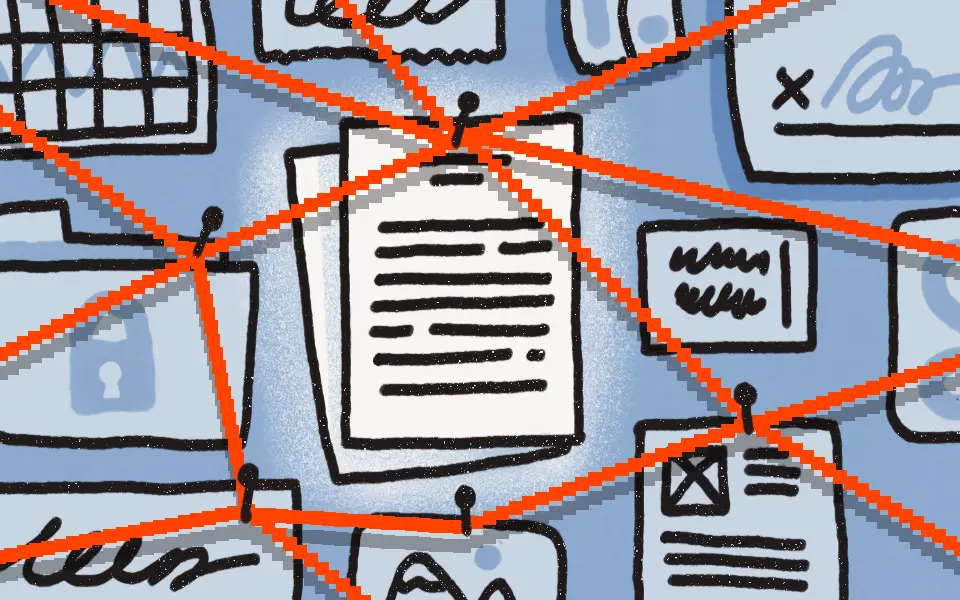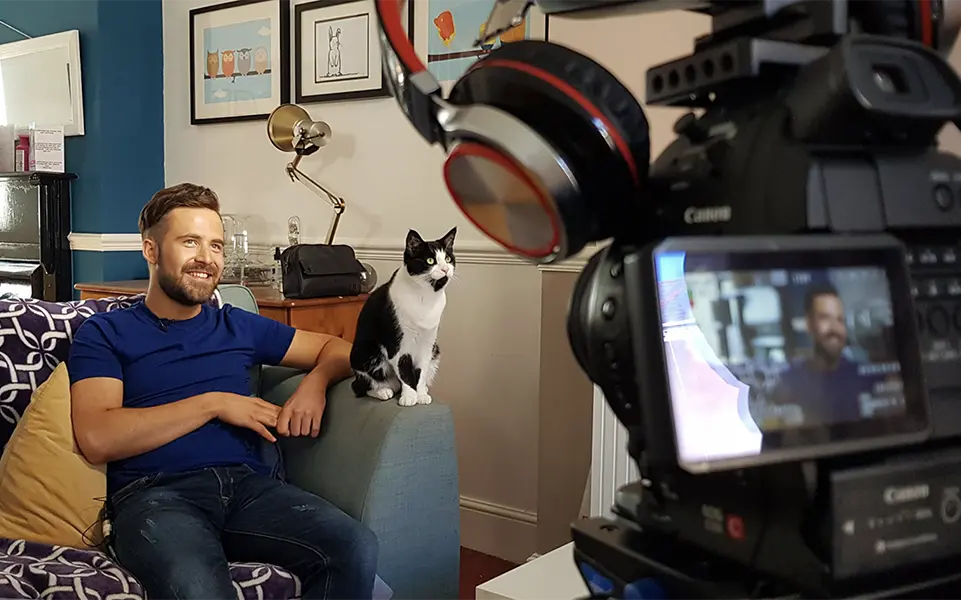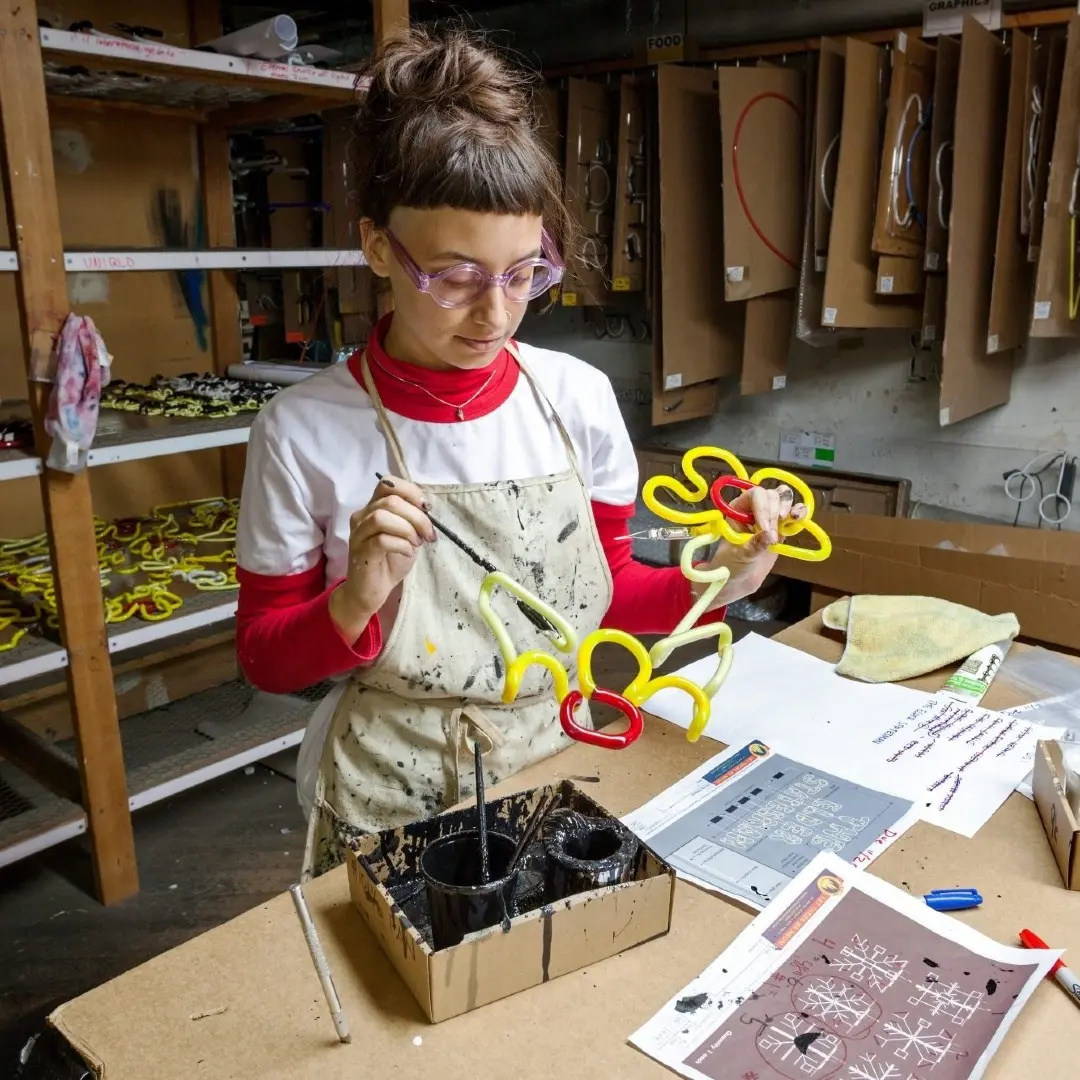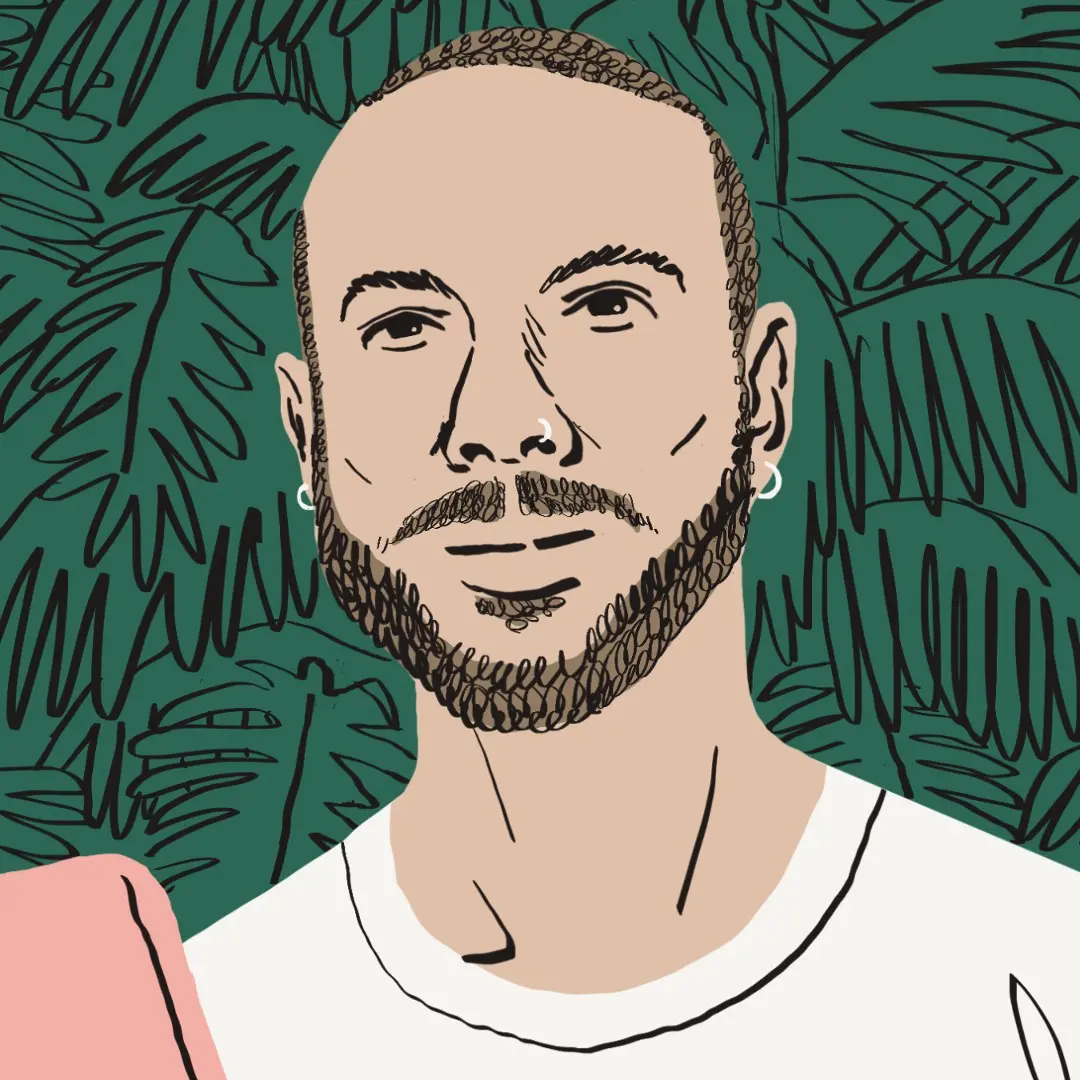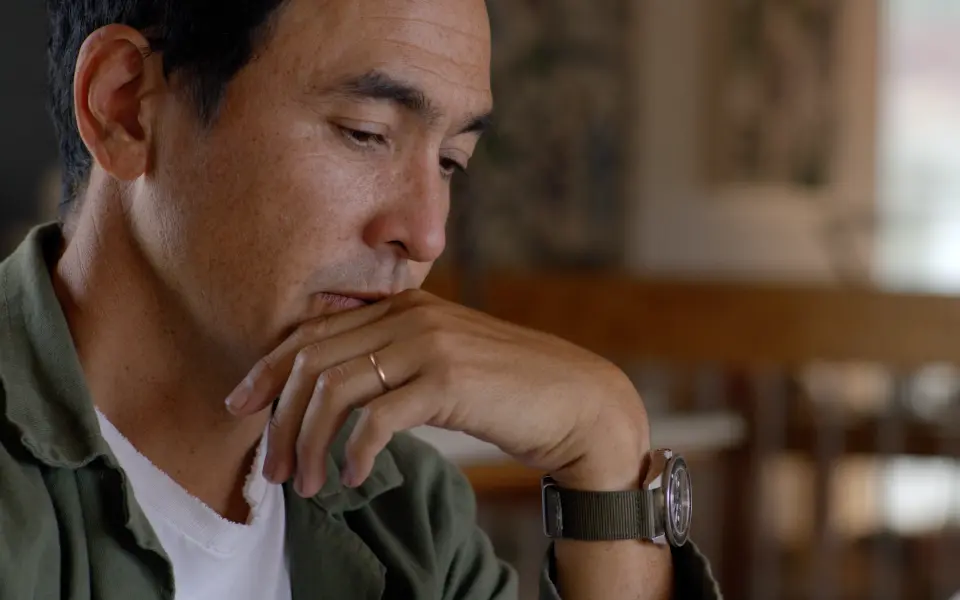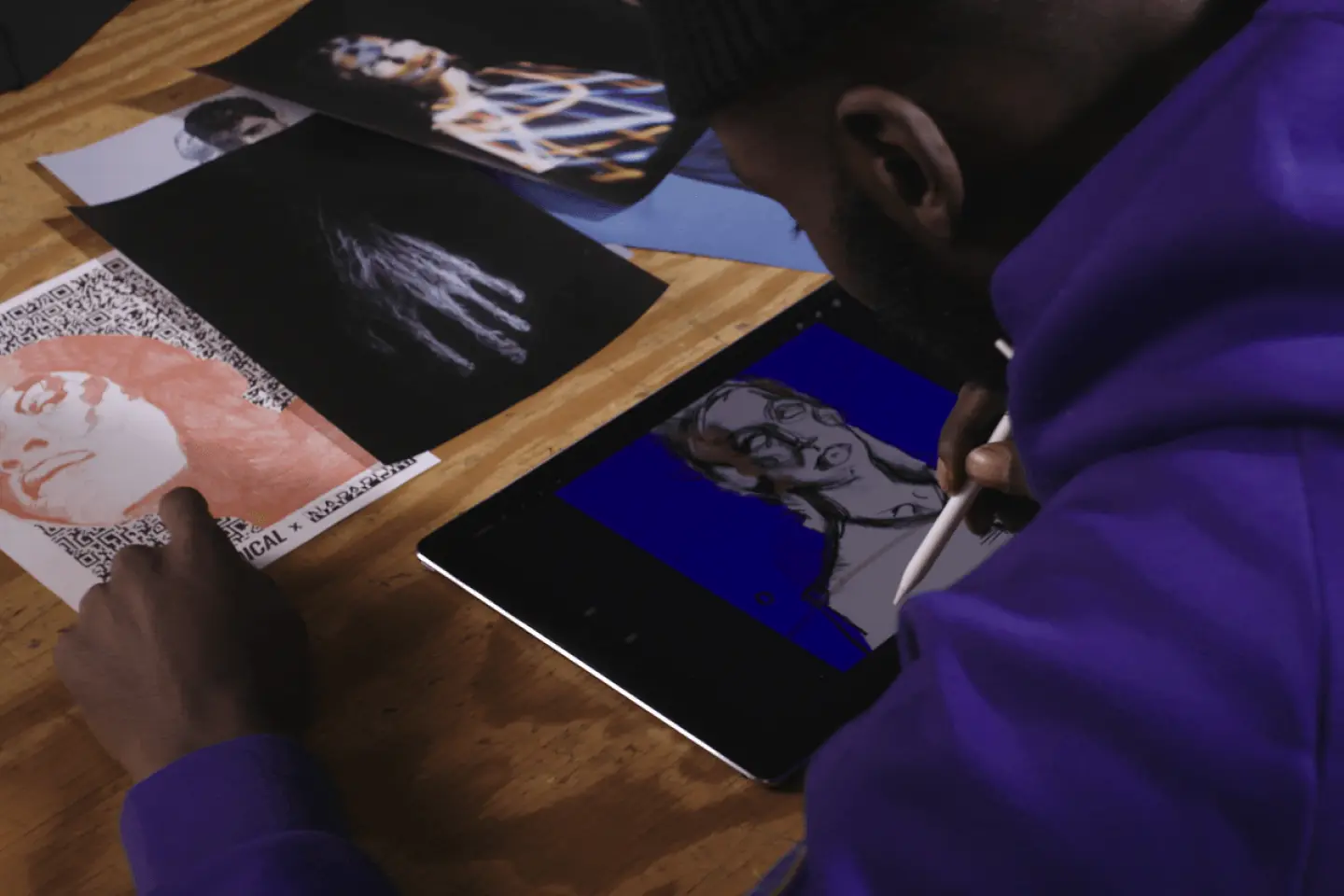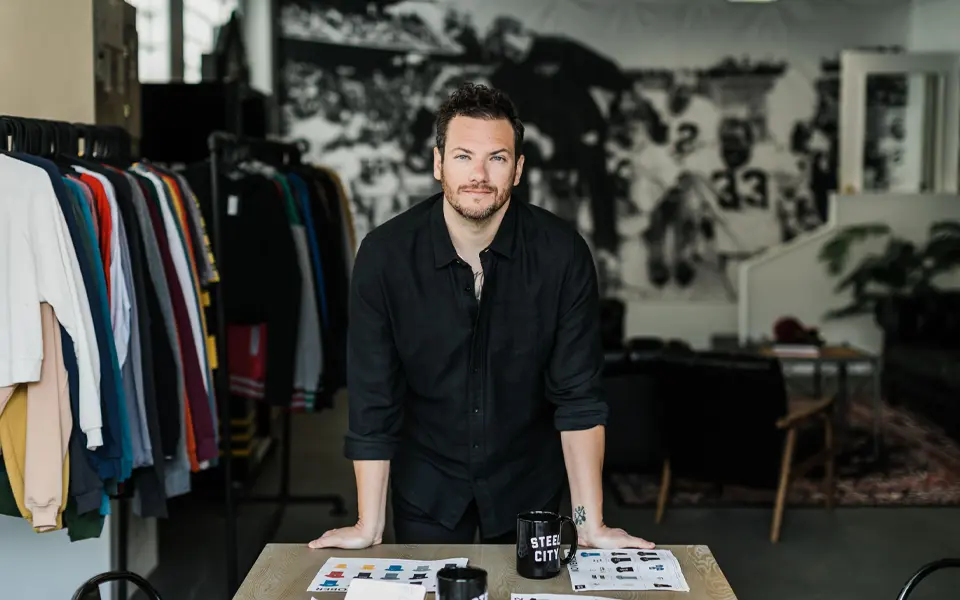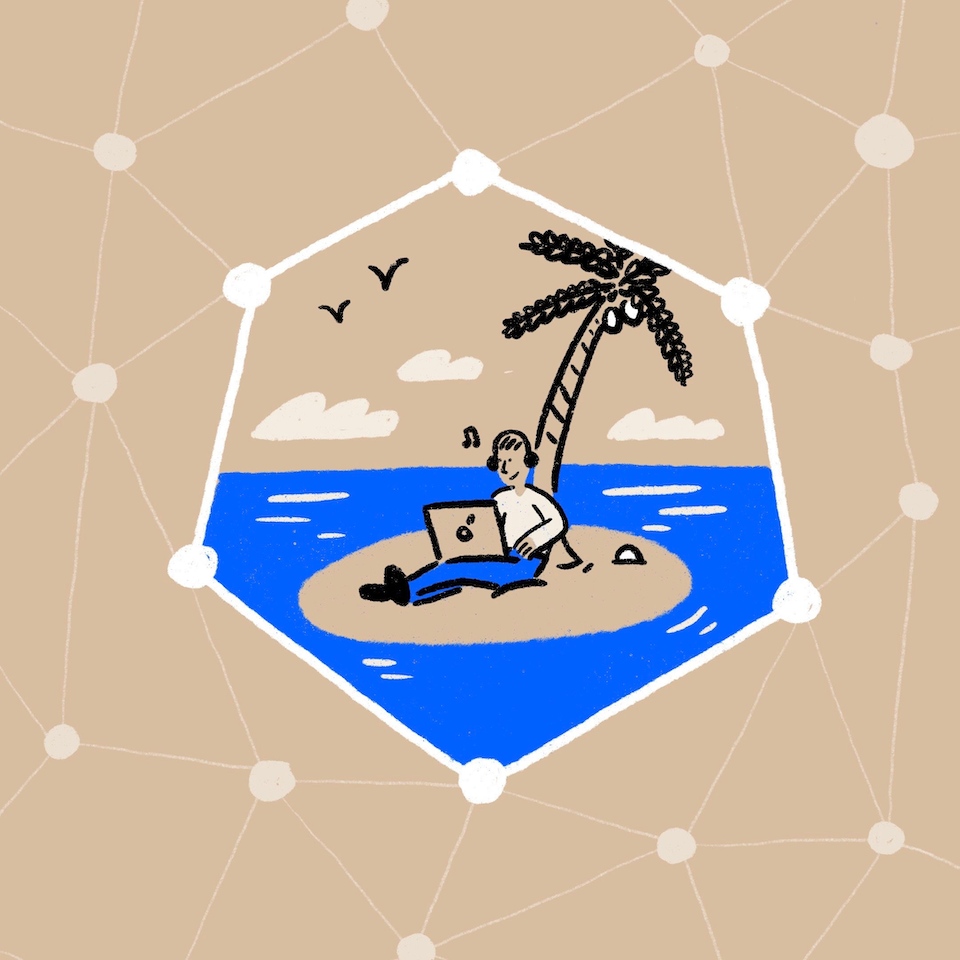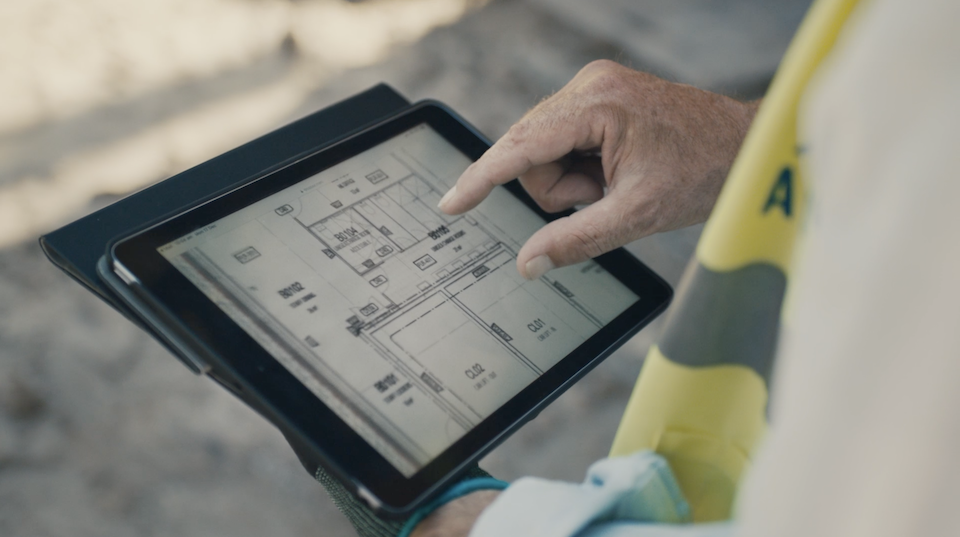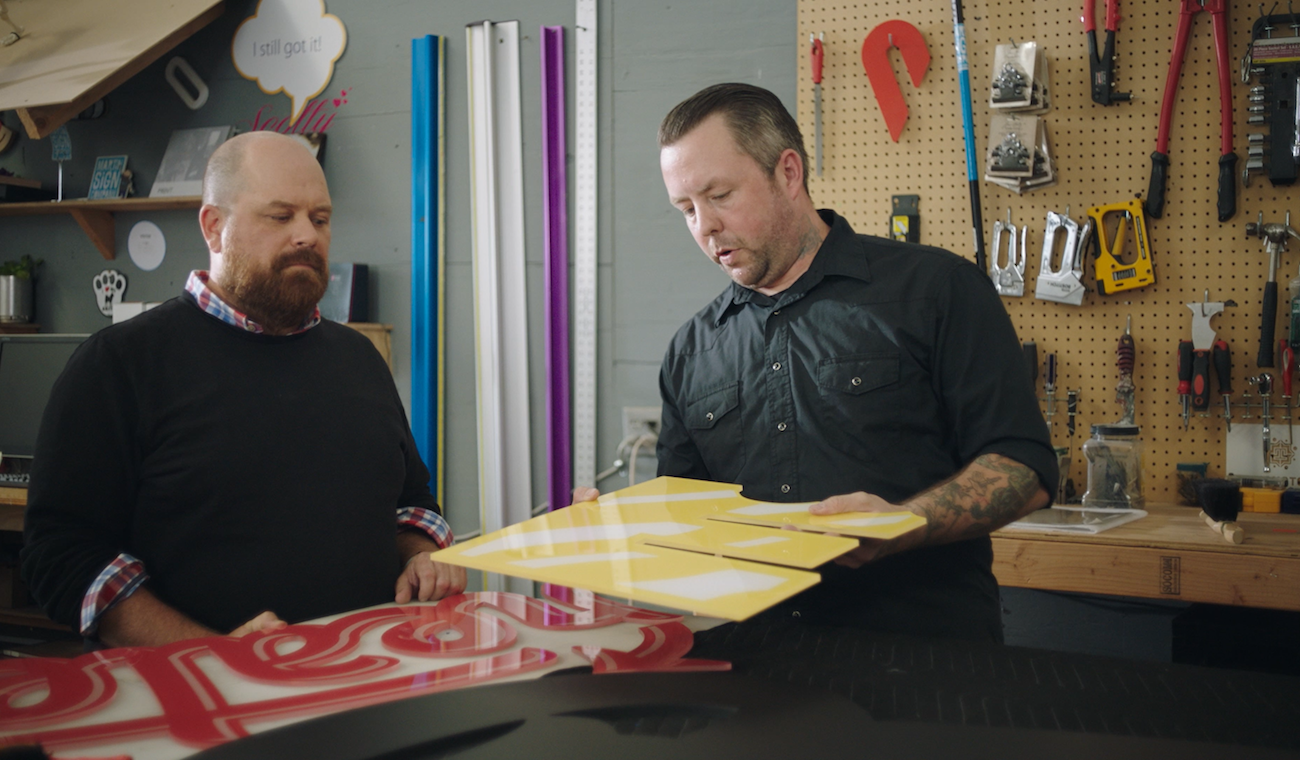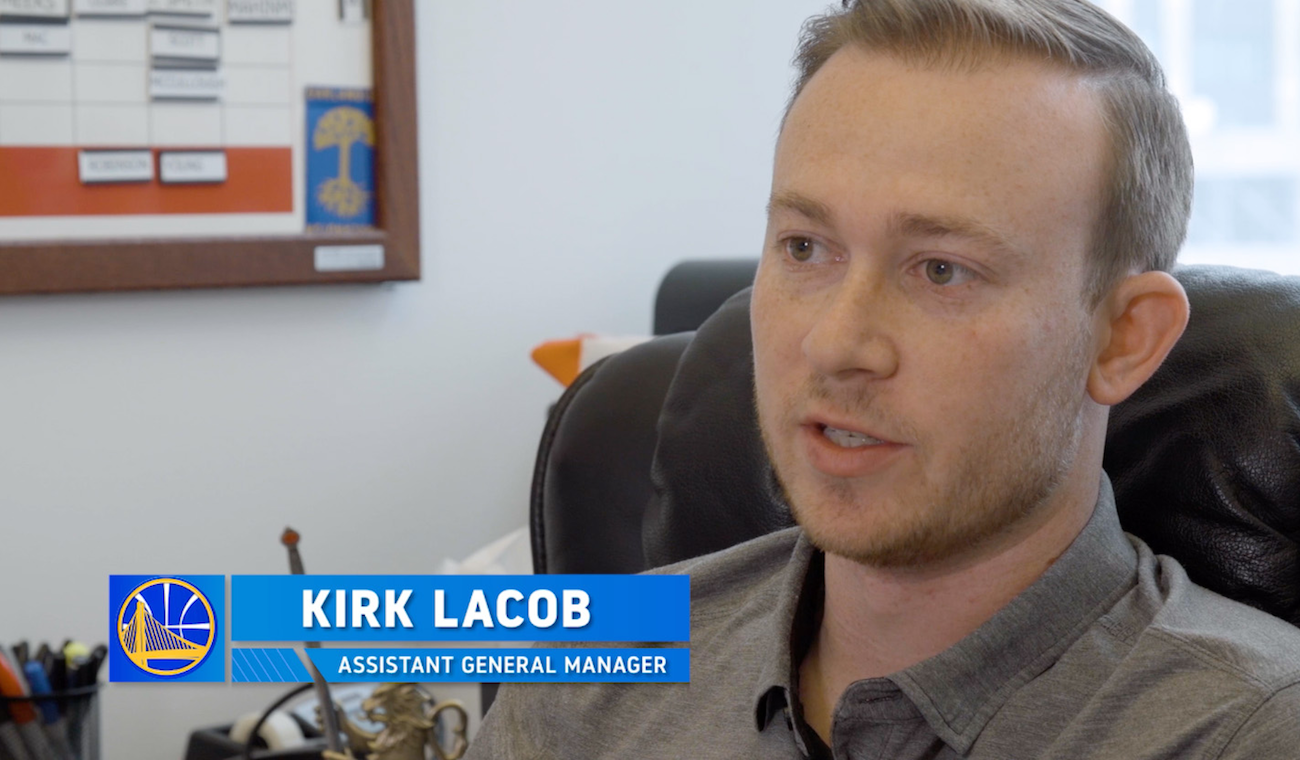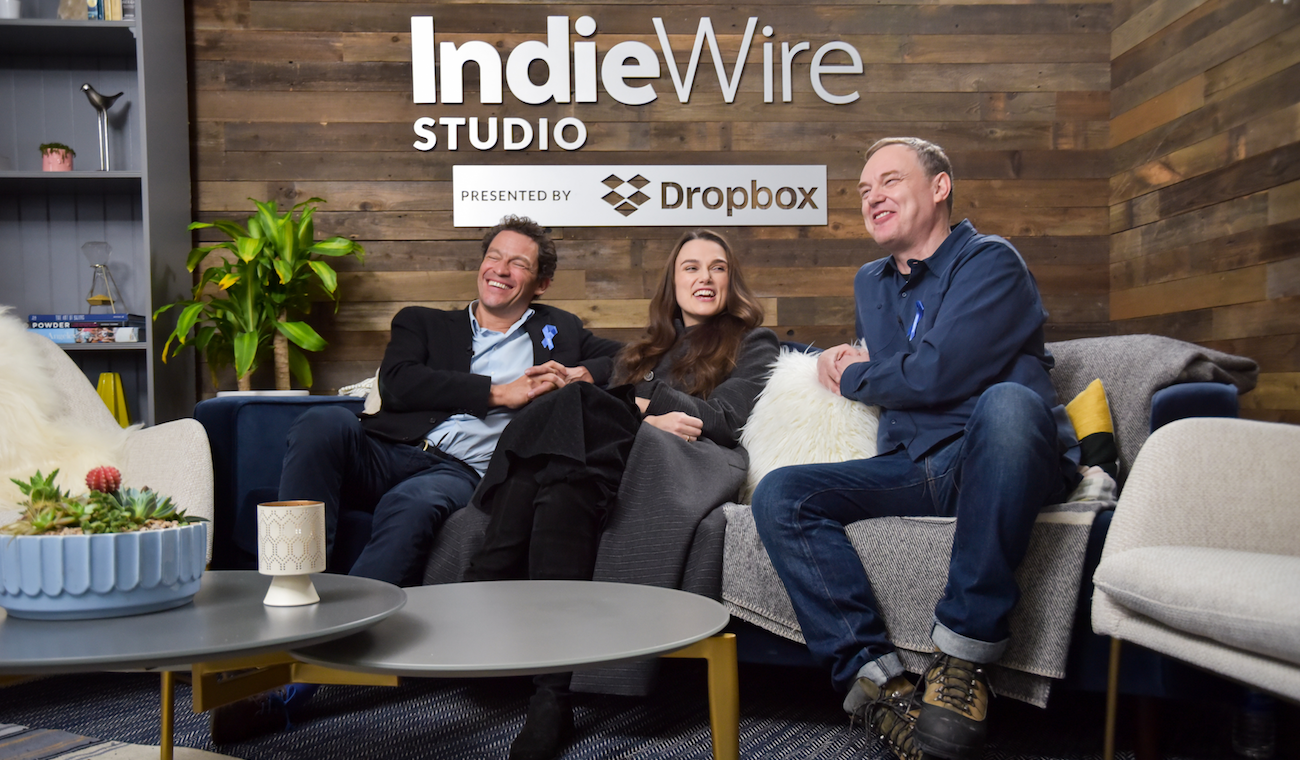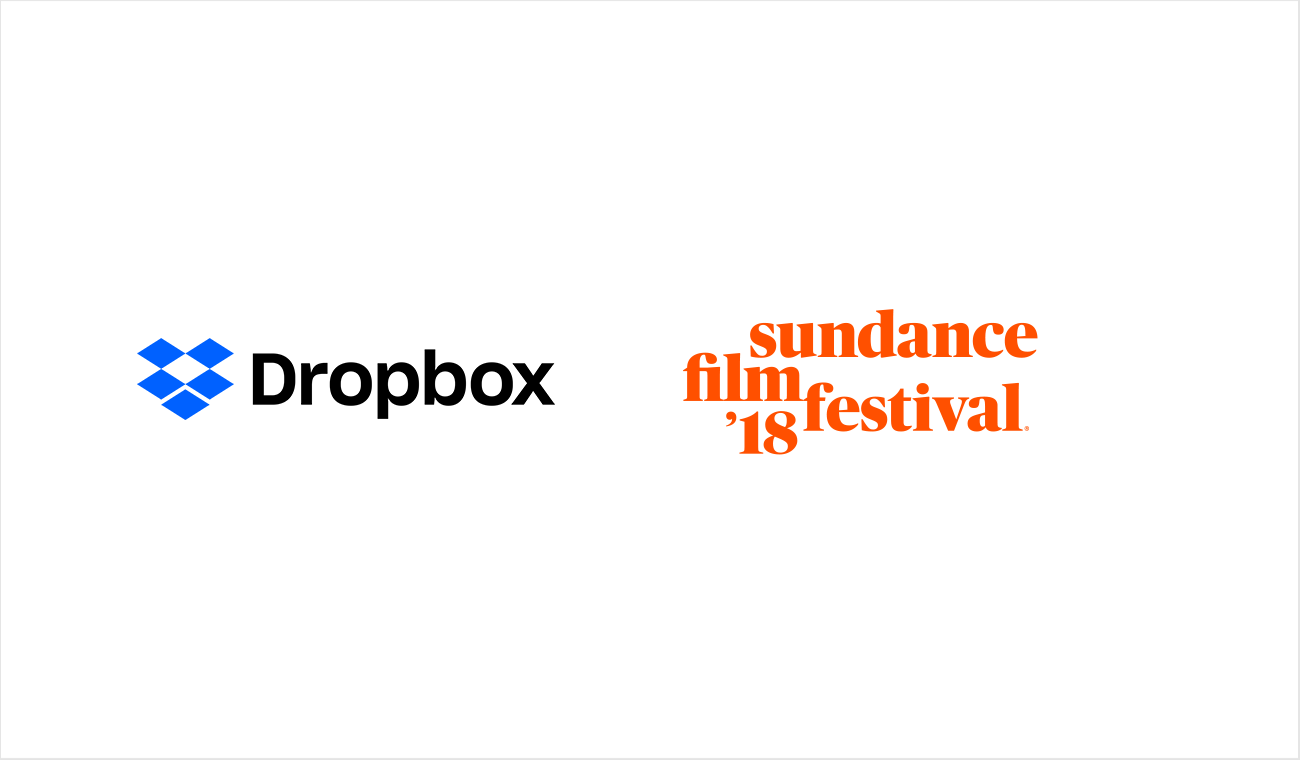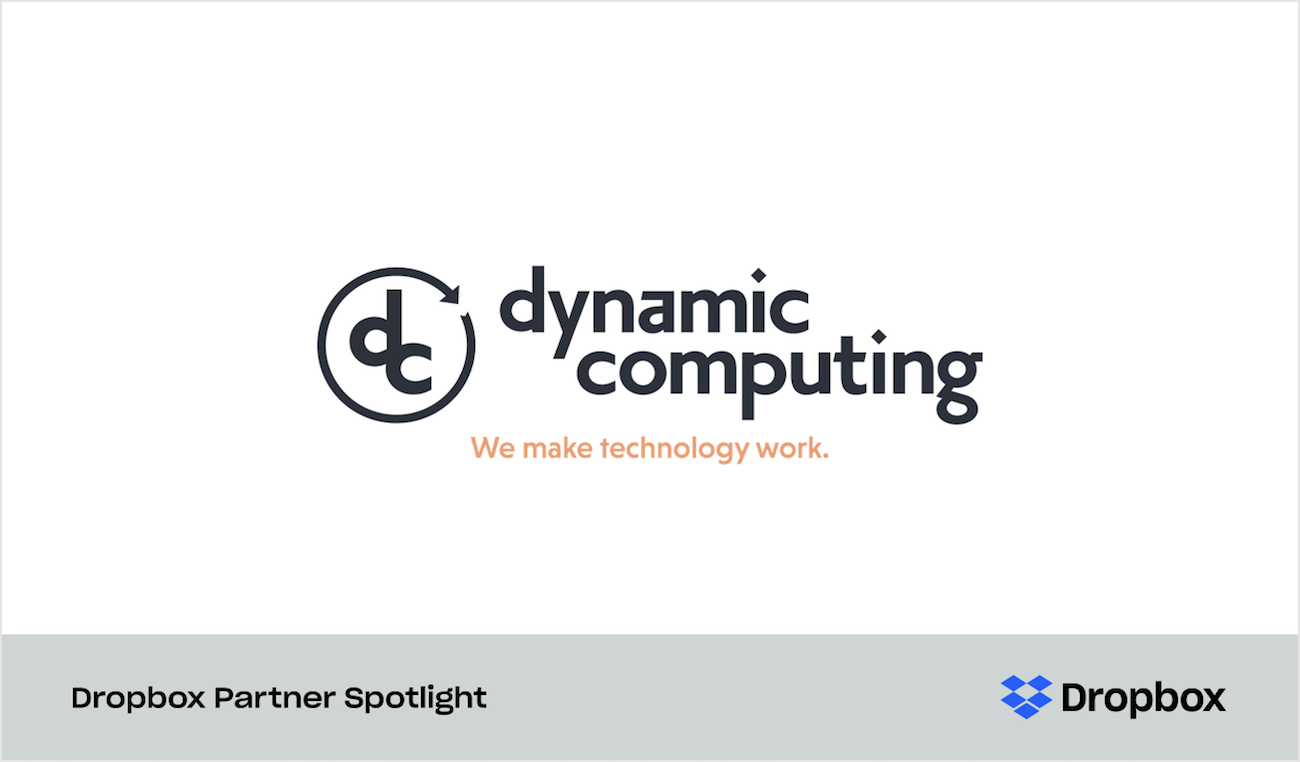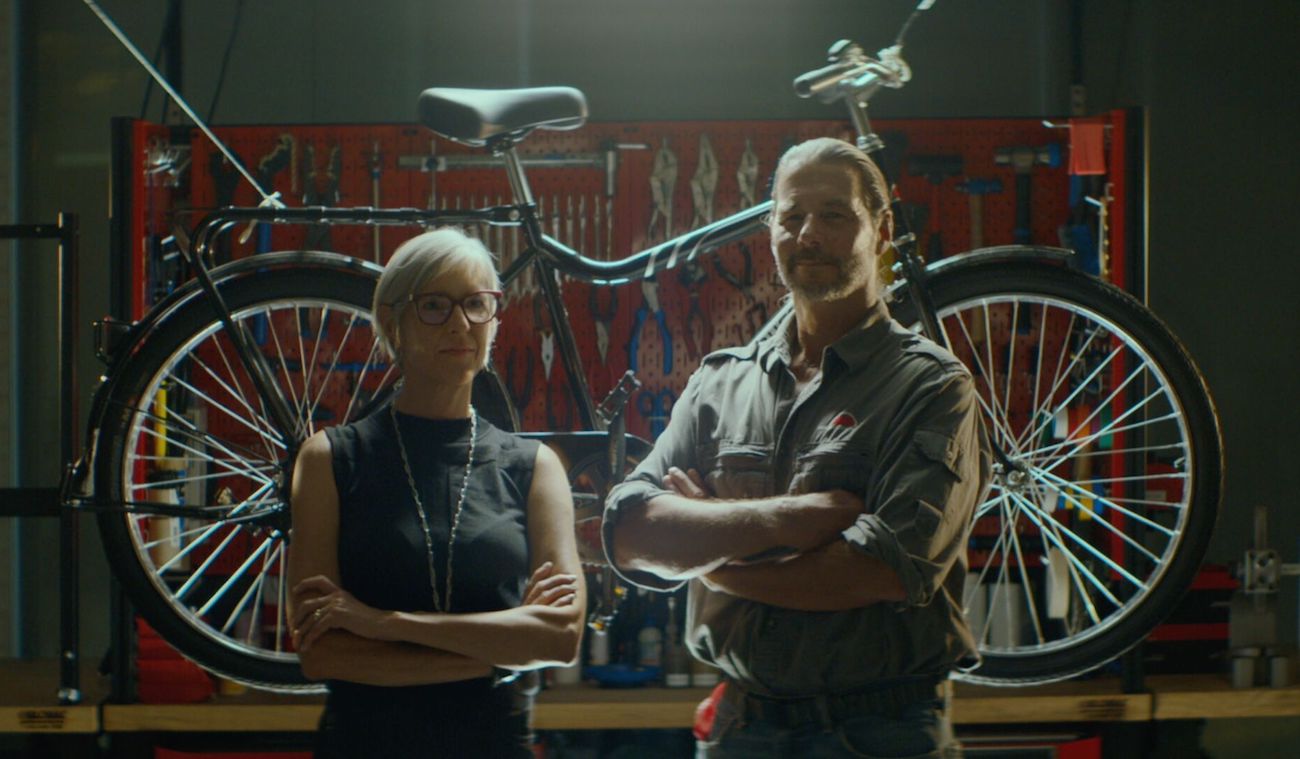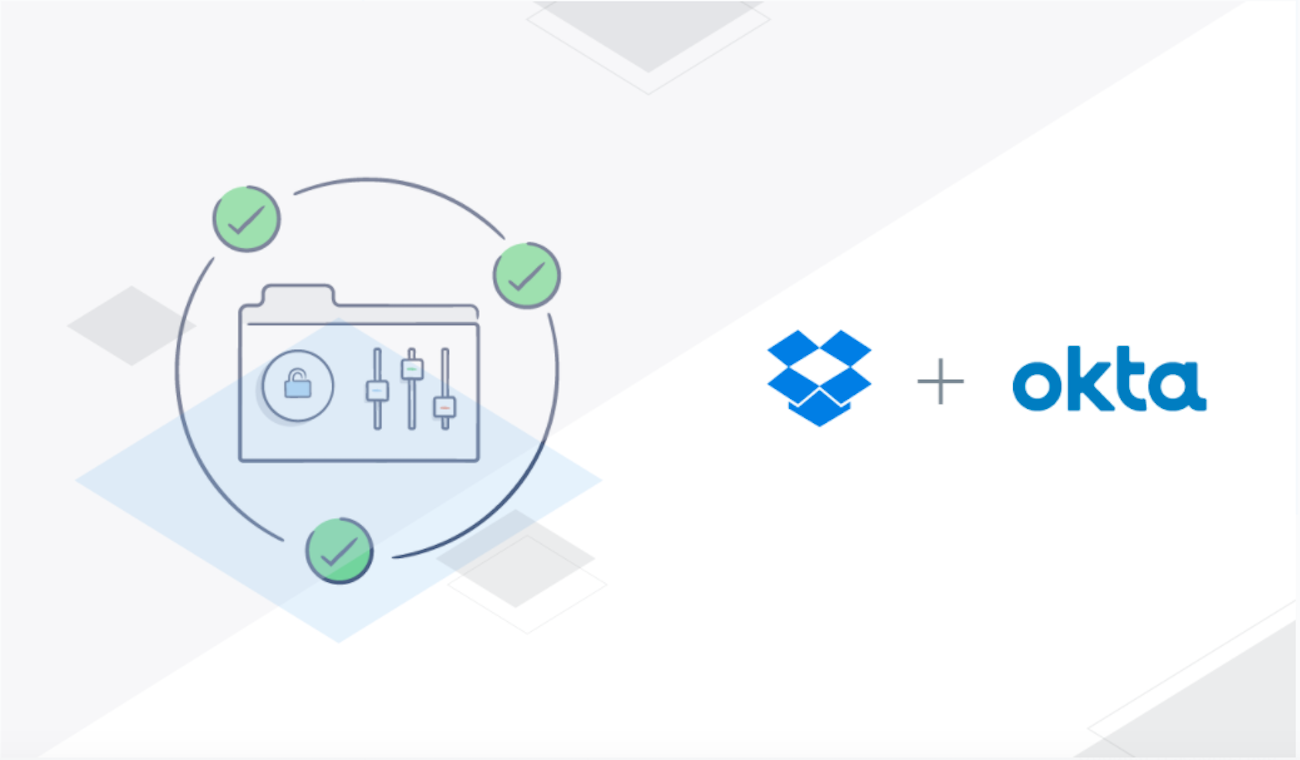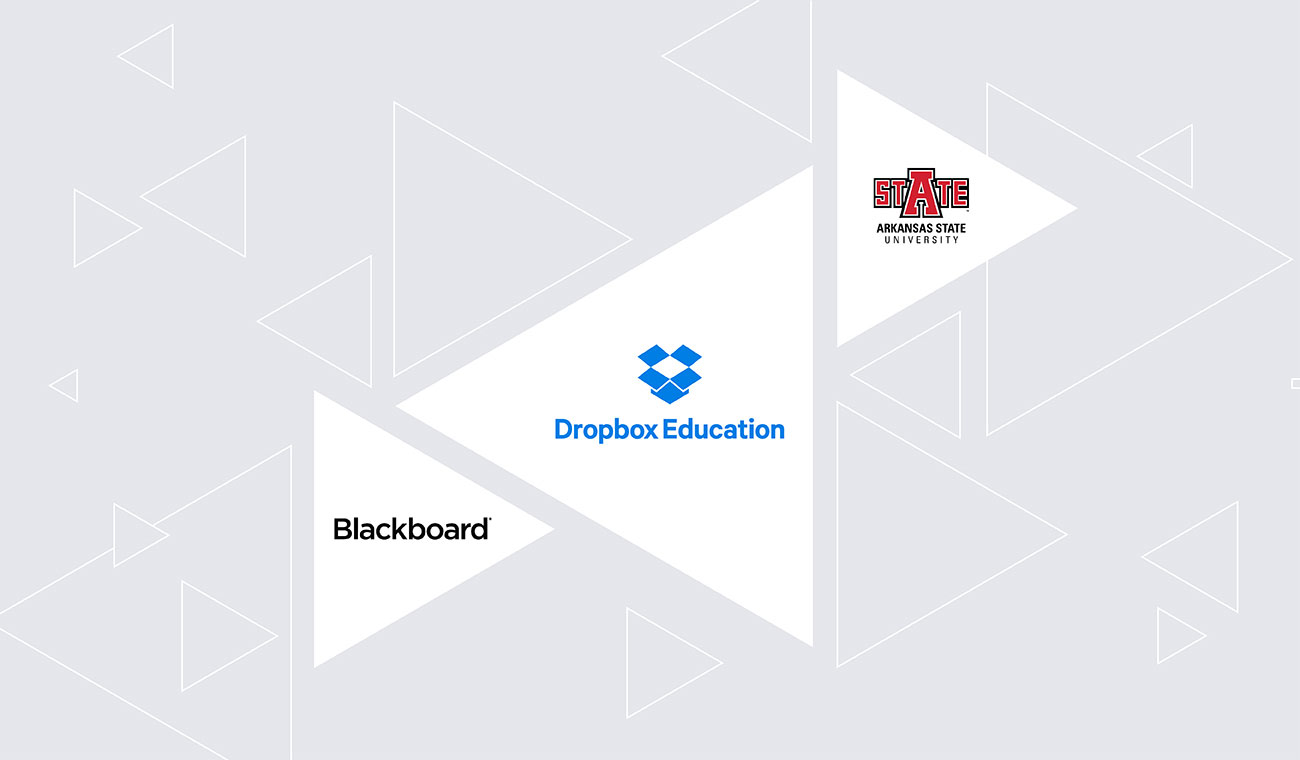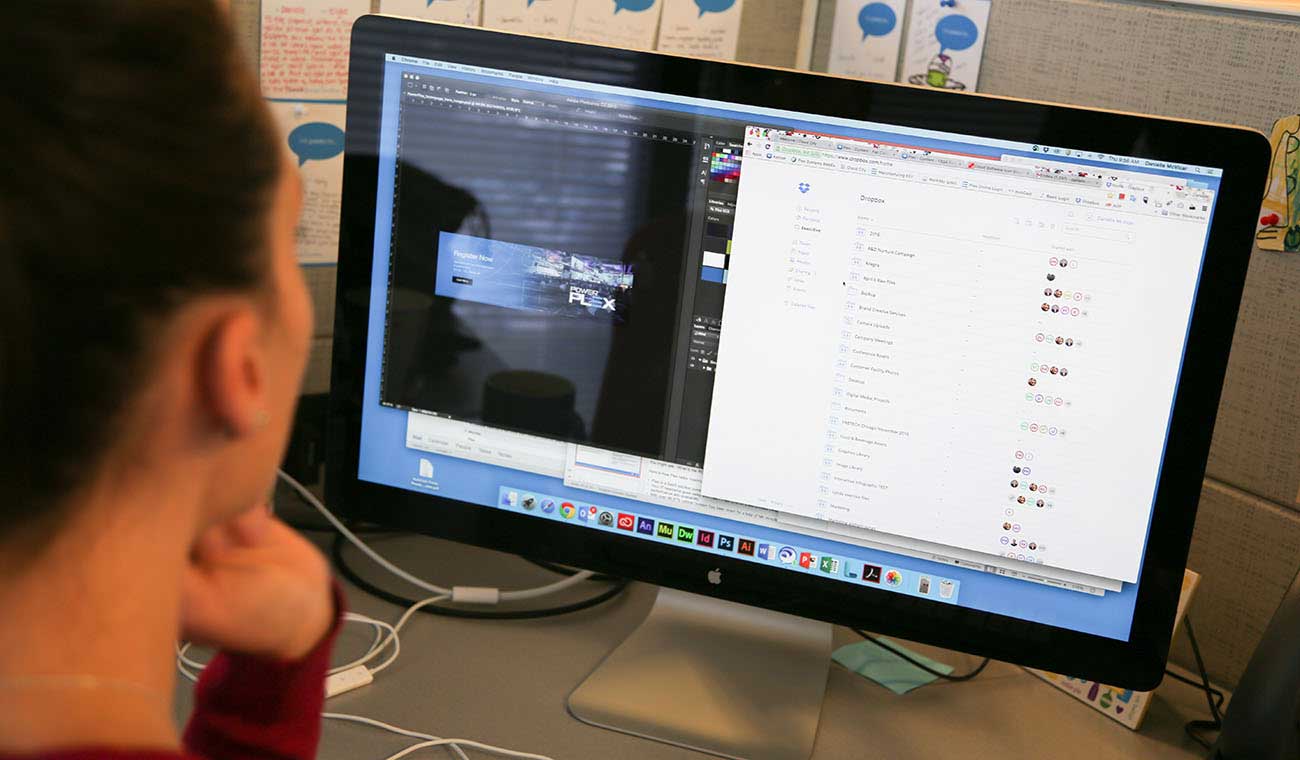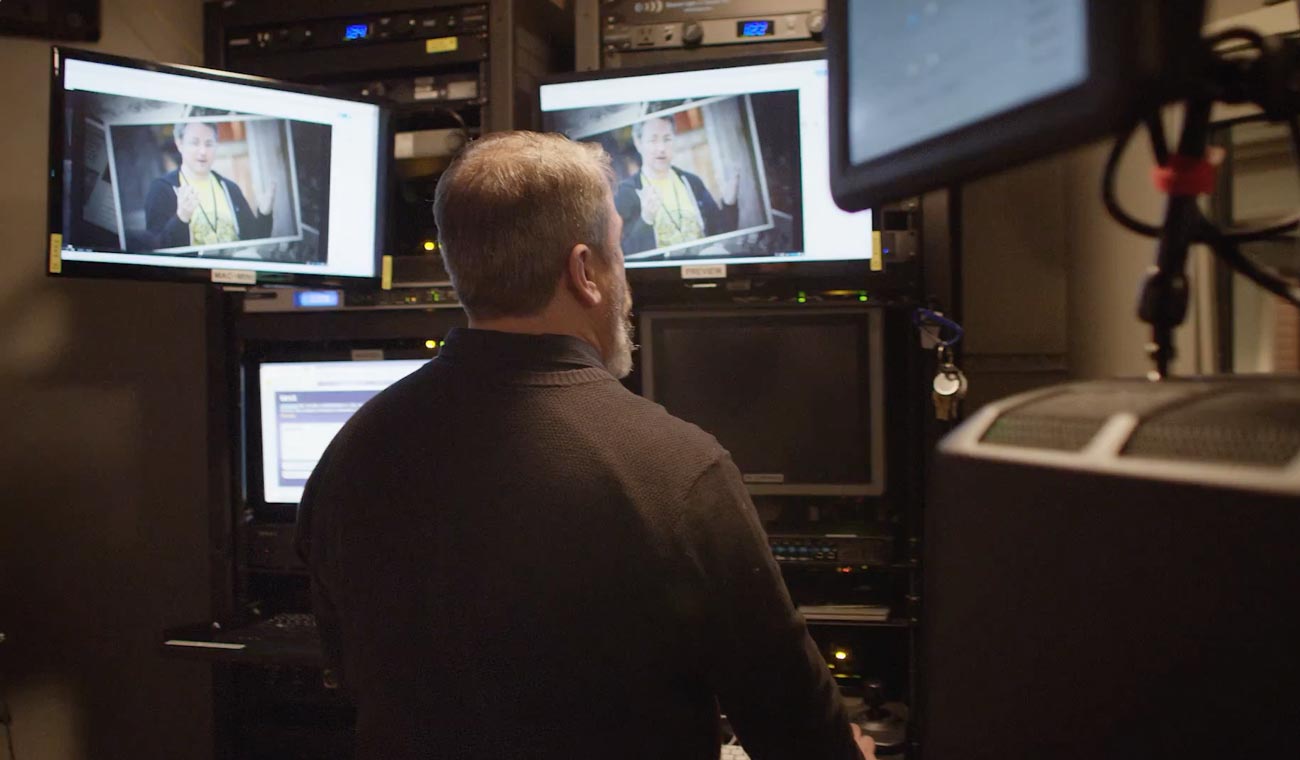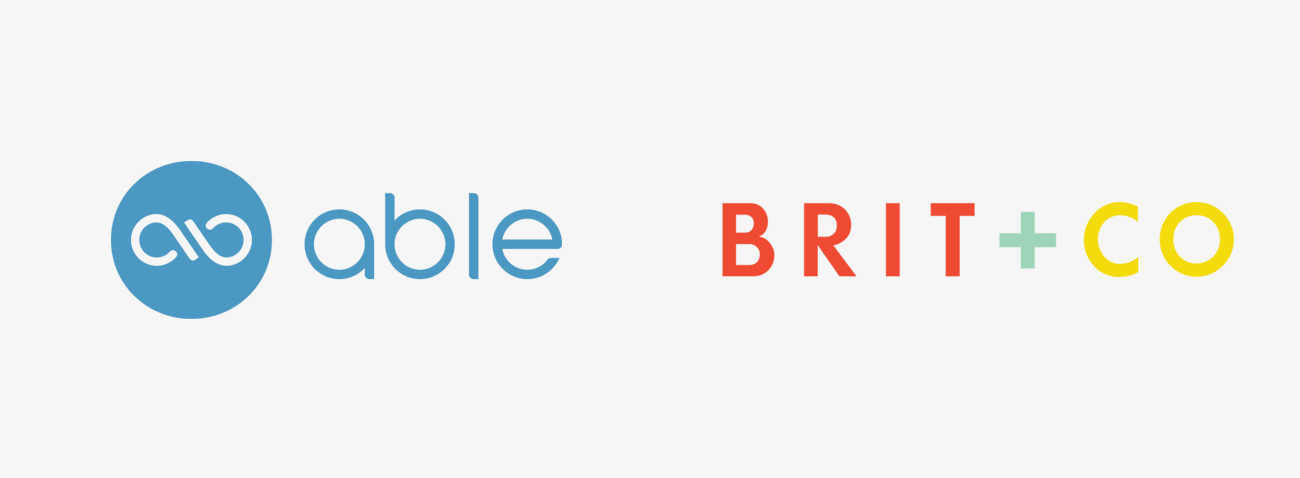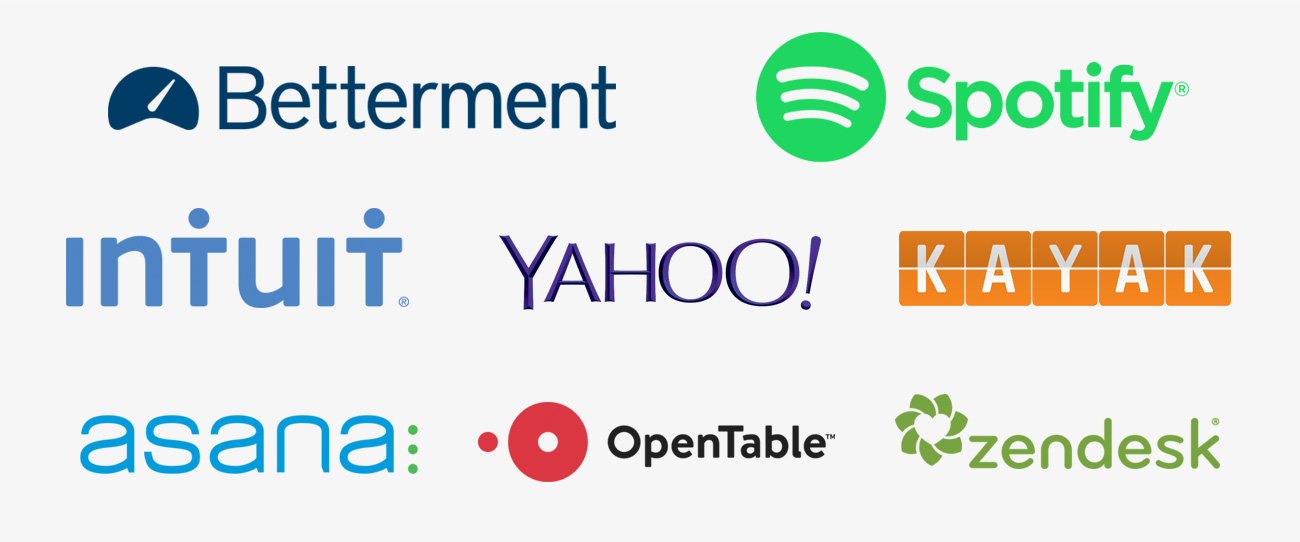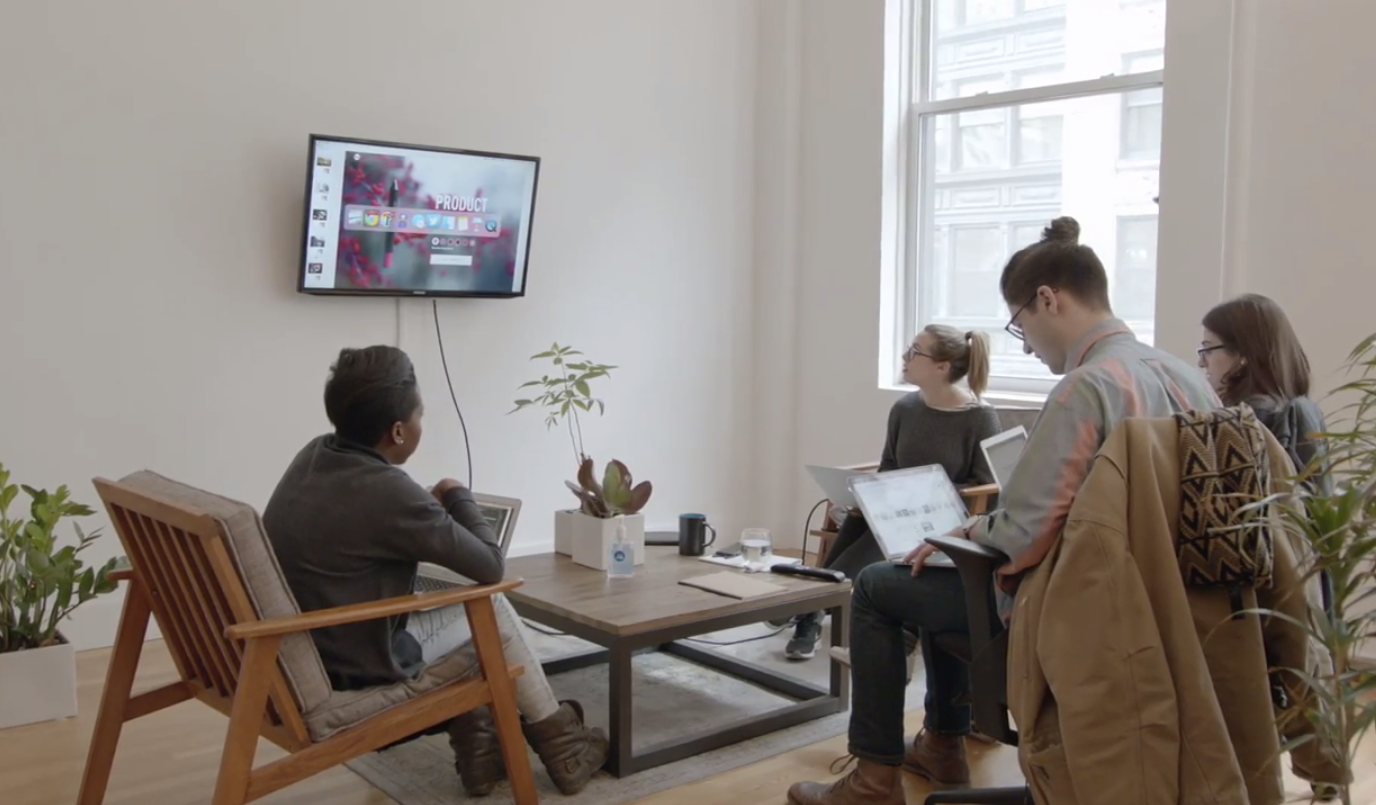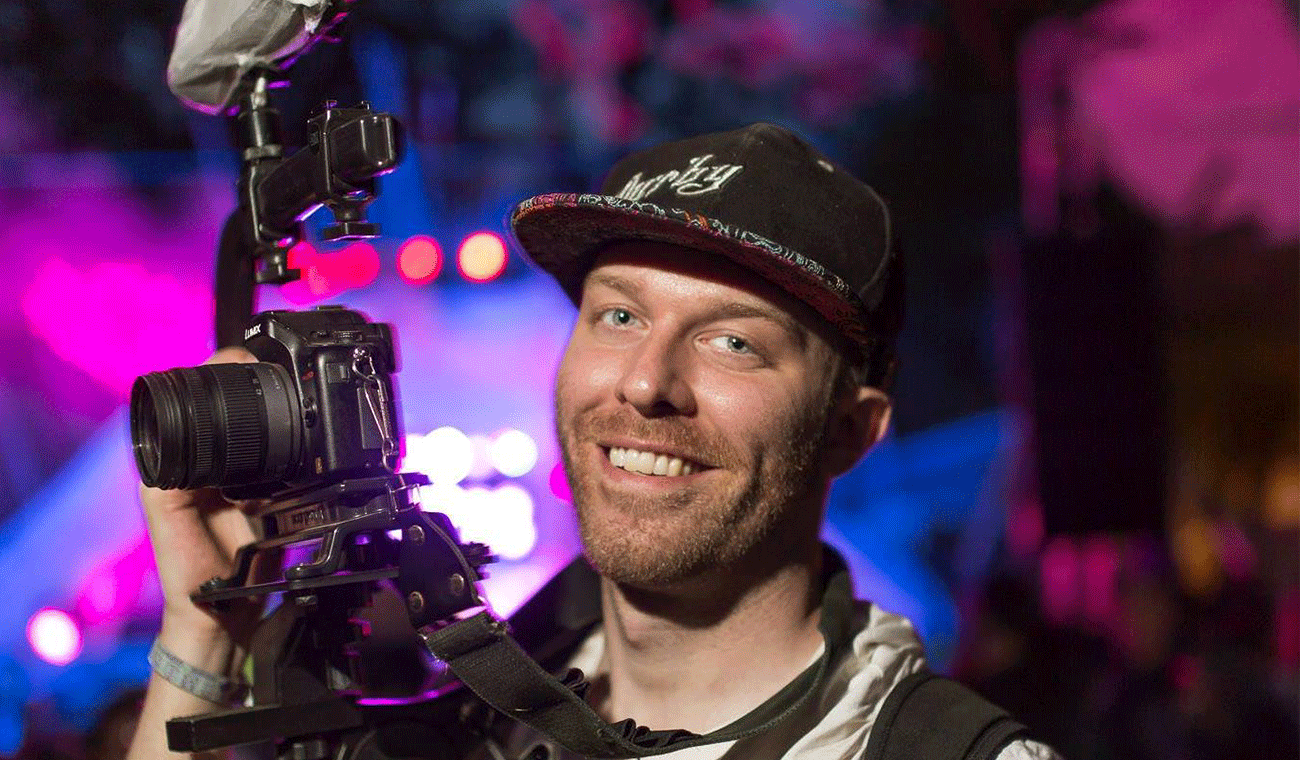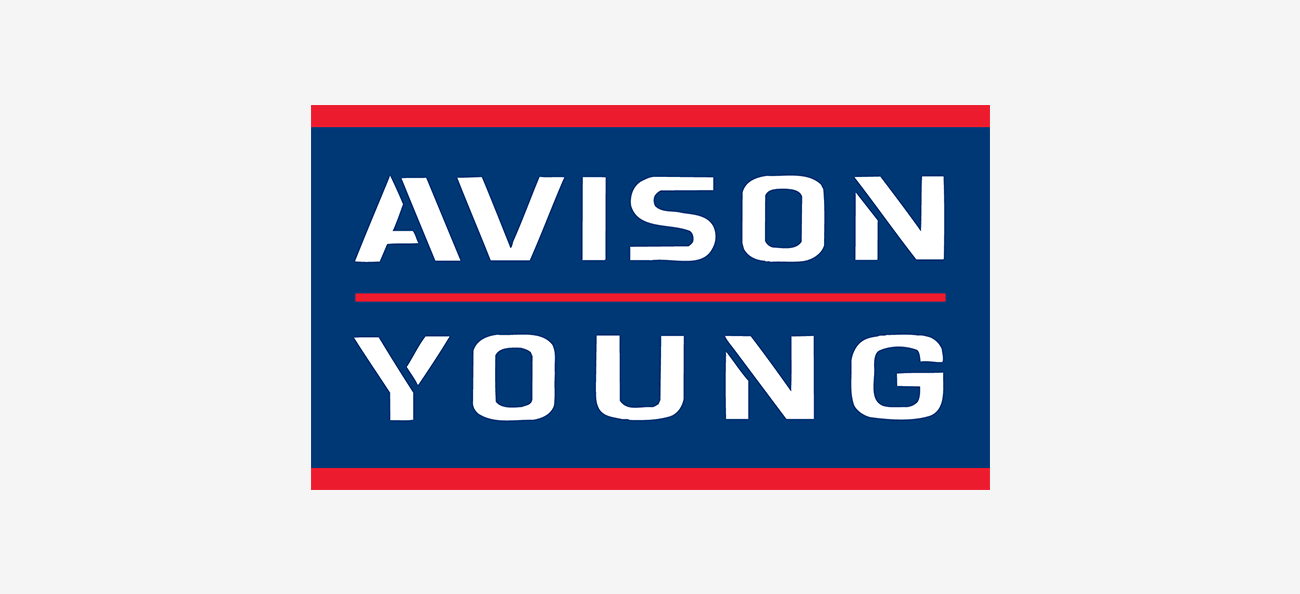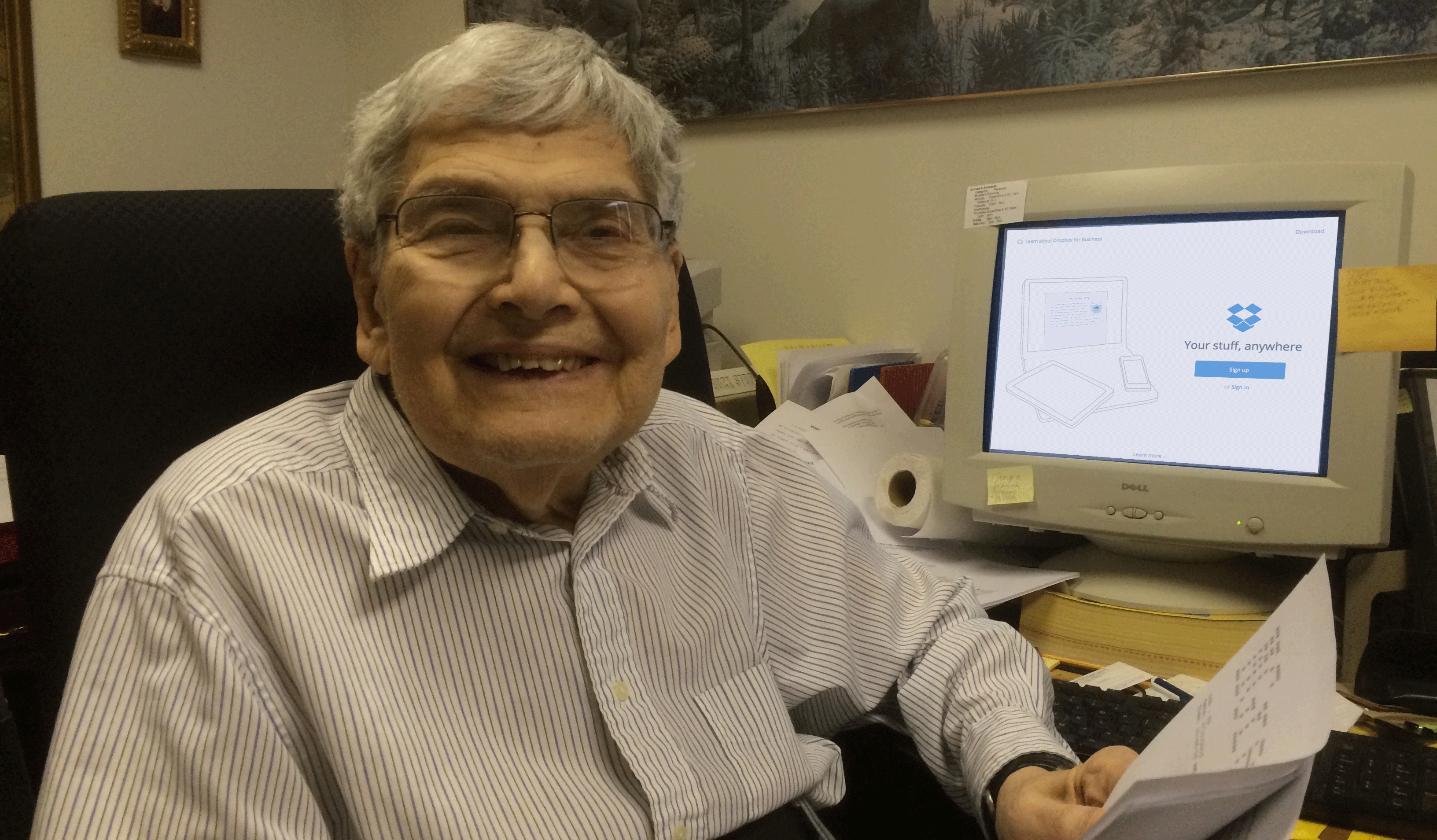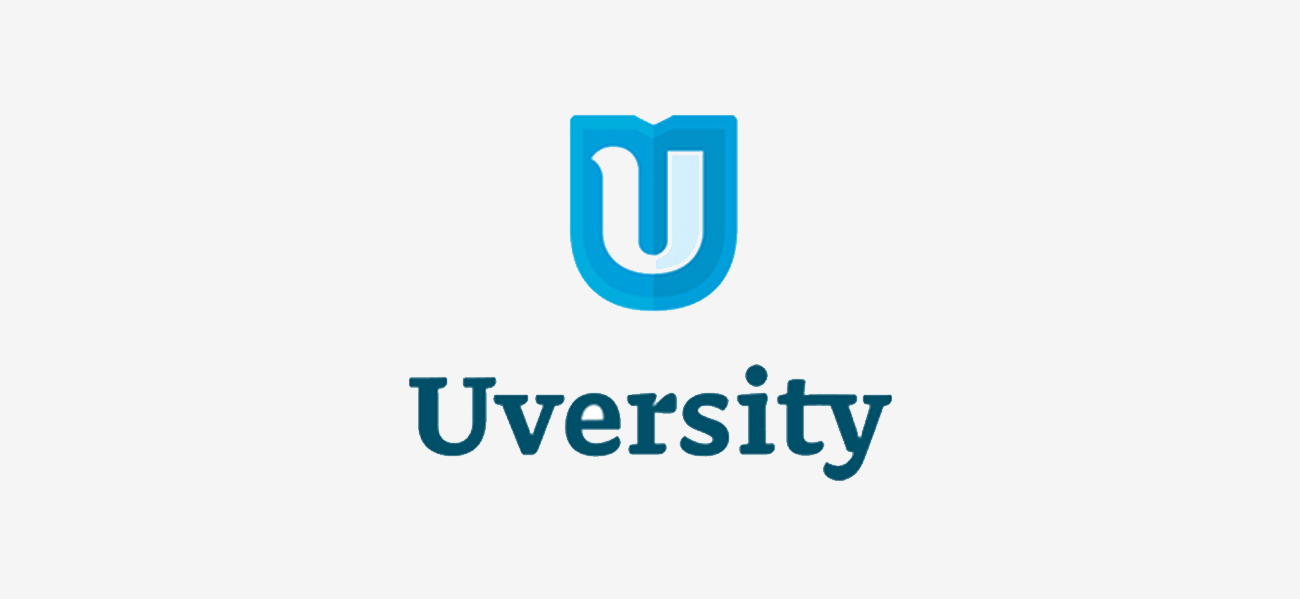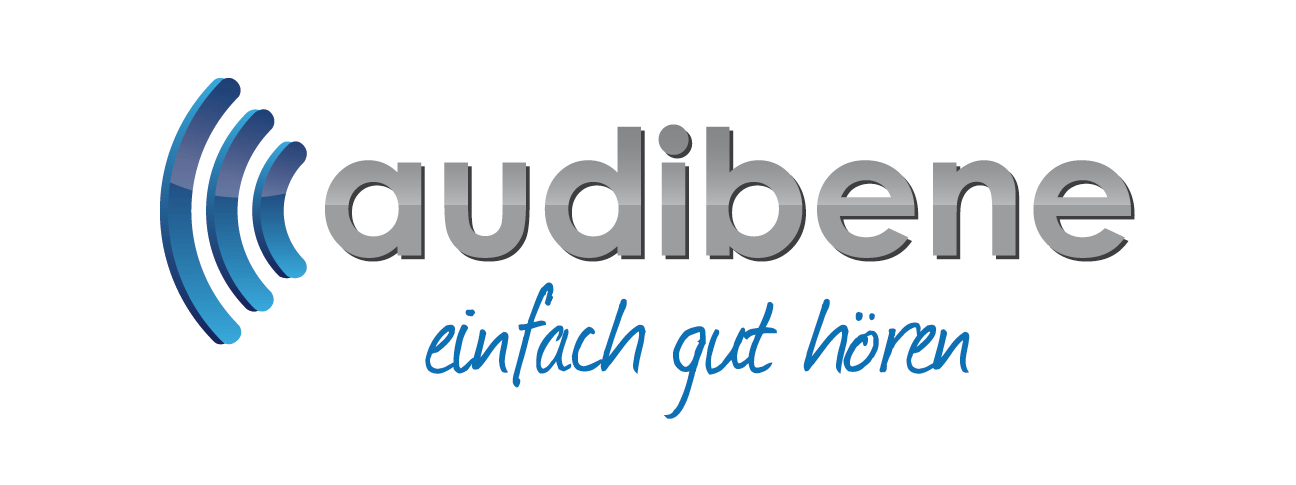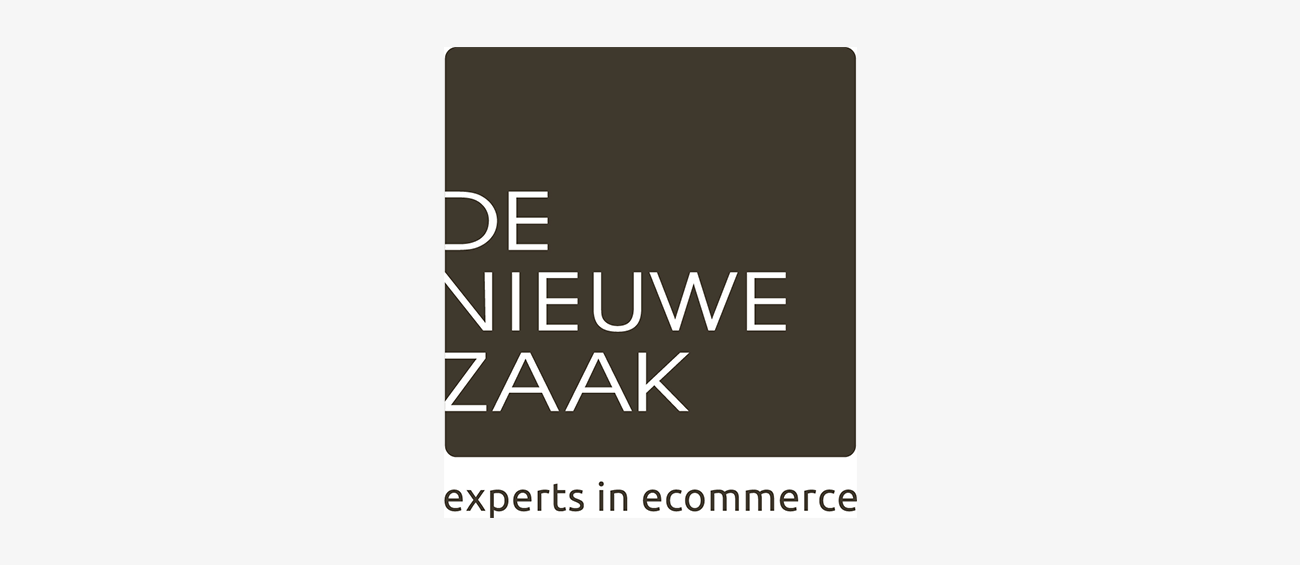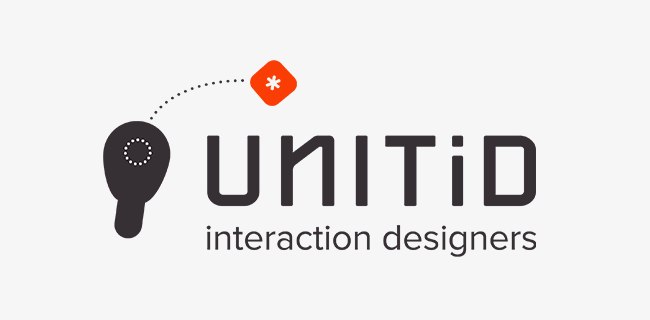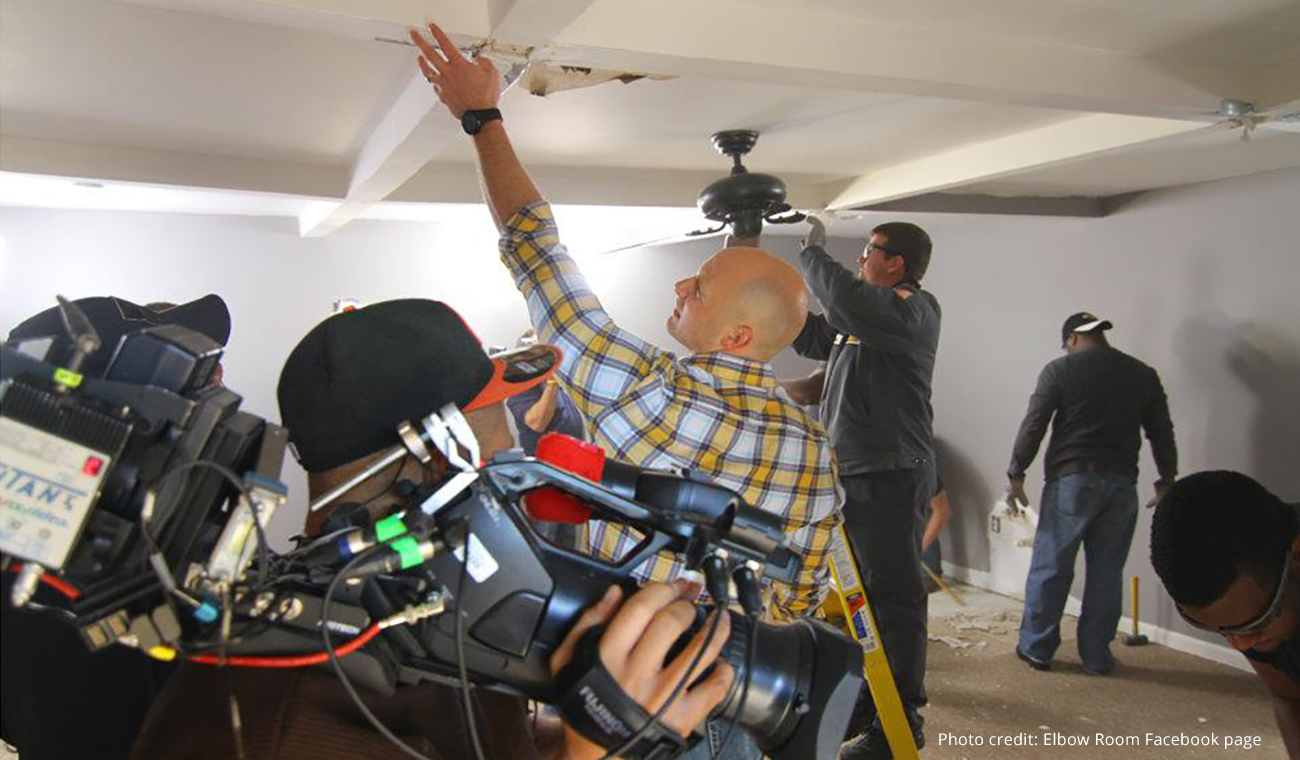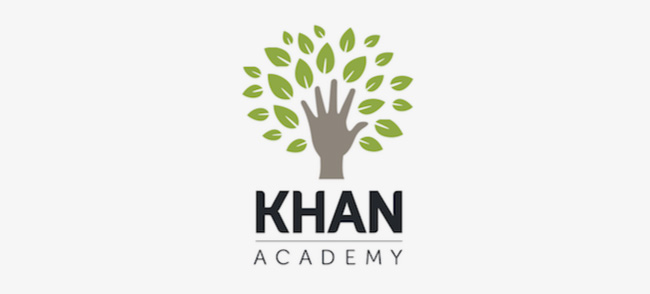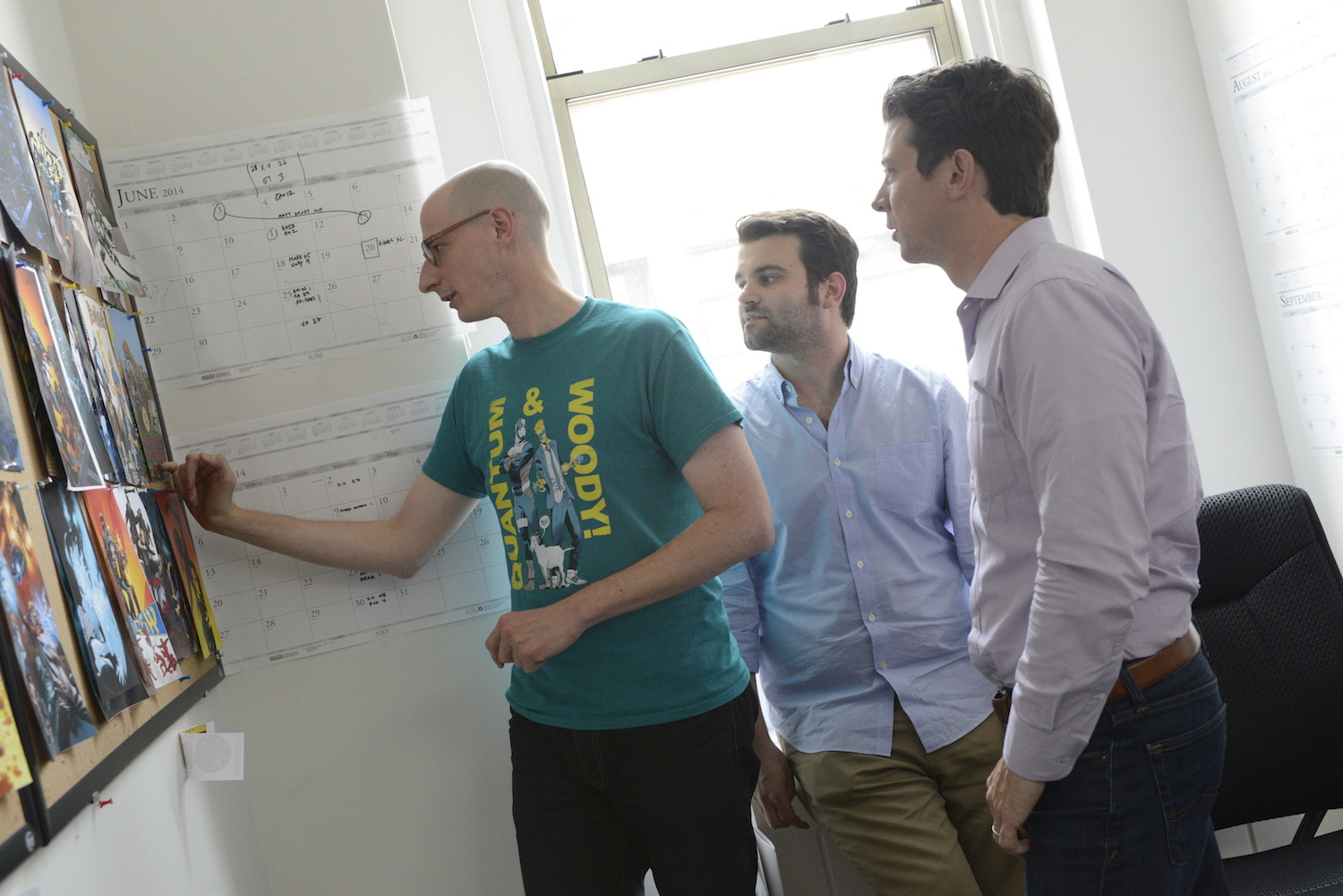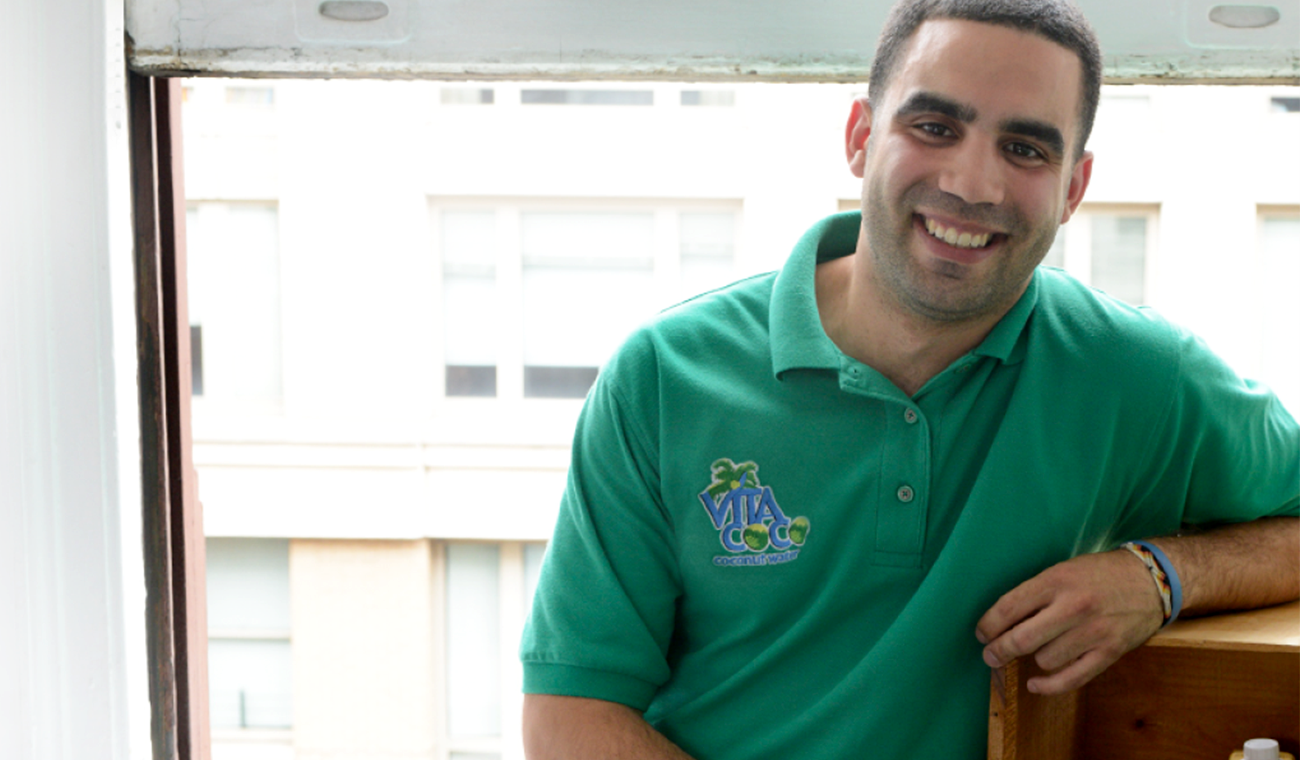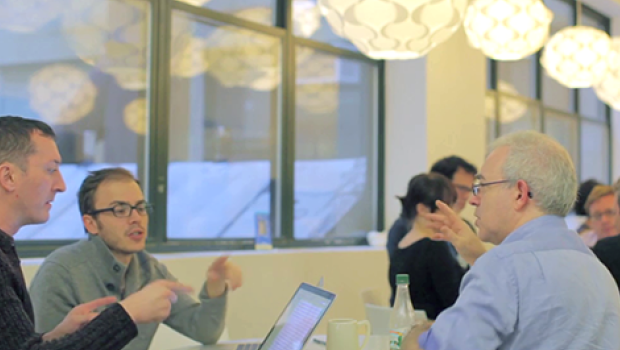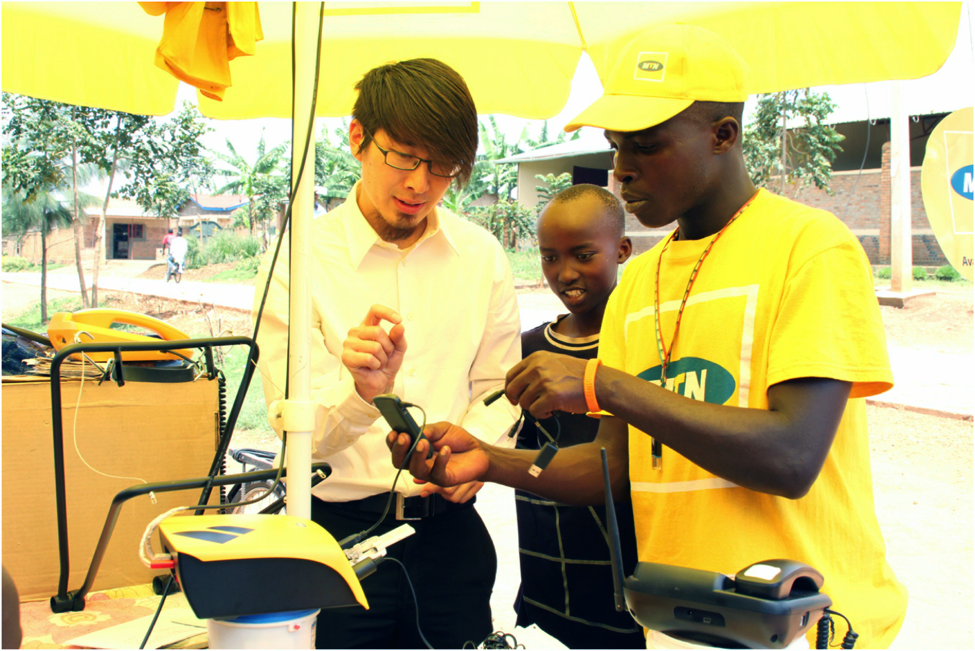
The not-so-solo solopreneur: Advice on working smarter and staying connected
Published on June 30, 2023
Becka Dente was taking a break from her decades-long corporate career when an unexpected message changed the course of her professional life. A former colleague was struggling to manager her business and looking for part-time support. She thought Dente—with her breadth of experience from sales and marketing to revenue operations—might be the perfect fit.
“I thought, I can do a few hours a week. That's not overly committing to anything. And I'll still have time to relax and not really think about work,” Dente recalls.
Those few hours a week slowly grew into a word-of-mouth business, and eventually, a consulting company called Purple Insights, where she advises clients on everything from corporate roadmaps to long-term business strategy. “That was sort of the gateway into starting my own company,” Dente says. “Twelve years of being in the industry and building up my network led to knowing a lot of people who needed my expertise and so, I sort of backwards stumbled into becoming an entrepreneur.”
For Melissa Johnston, the path to entrepreneurship was less of a stumble and more of a deliberate leap. As a massage therapist, she spent a lot of time working in clinics where she started to feel boxed in. “There is so much more to physical therapy than just the manual manipulations and I wanted to have the creative space to coach my clients,” she says. Leveraging her background in yoga, pilates, and strength training, Johnston founded her own practice, incorporating fitness and massage therapy into one.
Whether you’re dipping your toes into entrepreneurship or diving in head first, going solo in business can at first feel like an icy shock to the system. But becoming a solopreneur doesn’t mean you have to tread new waters without a buoy in sight. For Johnston and Dente, starting their own business meant finding support wherever they could get it—whether that’s tapping into their professional relationships or finding the right tech that can offset the organizational load of operating as an entrepreneur. They shared what they’ve learned about growing their network, building their business, and how leveraging tools like Dropbox can be a life raft for staying on course.
"Having Dropbox Sign as my first introduction sets the tone for the professionalism that I hope to convey"
Clear your attention residue
It’s no secret that modern work is overrun by coordination tasks, with almost 60% of knowledge workers’ time spent on things like sending emails and scheduling meetings alone. Unfortunately, being your own boss doesn’t exempt you from grappling with the same administrative fate.
For Johnston, this meant taking the time to get organized upfront—finding an approach to workflows and organization that worked for her and sticking with it. “It took trying three different systems to find Dropbox and realize how seamless it is to use,” she says. “I use it to keep me organized with my client files so that I have health records all in one place and without needing to clutter up my [physical] treatment space.”
This kind of clutter can be psychological too, turning into what Sophie Leroy, Associate Professor of Management at the University of Washington, calls “attention residue.” It describes having multiple tasks and obligations that splits our attention in a way that reduces overall performance—a type of clerical junk that can bleed into work relationships.
Shielding her clients from the behind-the-scenes logistics that can come off as clunky and unprofessional was Dente’s ultimate goal when implementing Dropbox Sign into her process. Her first step with clients involves sending over an NDA via the platform. “Having Dropbox Sign as my first introduction sets the tone for the professionalism that I hope to convey,” she says. “I get to start off the relationship looking like I’ve got it all together.”
Stay connected
Entrepreneurs may be blazing their own trail but their path can only go as far as their network can reach. For many, staying connected isn’t just a way to help jumpstart their professional momentum but also fend off the isolation and loneliness that can plague solopreneurs.
In Dente’s case, she wouldn’t have the business she has today without a steady stream of referrals from her network to kickoff her consulting agency. "As more and more people work with me and experience what it is that I do, the more my network grows, and then they can refer me on to the next person,” she says.
But the benefits of a primarily word-of-mouth business doesn’t end there. Getting these kinds of intimate and direct referrals can be a confidence boost and source of connection in an otherwise insular experience. “I never thought that people valued my skills as much as they did. Hearing from people and seeing what they write about me when they do their email introductions is nice to see,” says Dente.
Johnston agrees that the lack of a built-in community as a solopreneur can lead to professional and creative ruts. “A huge challenge is staying connected with other people in the field and what they’re doing,” she says. For her, bridging this gap is key to continued growth and motivation. “I overcome this by actively seeking out people who inspire me and being around people who challenge me mentally, who introduce new ideas.”
Don’t try to read minds
Working solo can quickly turn into an echo chamber of your own thoughts and ideas—no matter how expansive your network. For entrepreneurs, it’s not only important to build a wide community but to also nurture relationships with people that are directly involved with your business. Actively seeking out feedback from clients or collaborators is something both Johnston and Dente fully endorse for solopreneurs.
“You can't fix a problem you don't know exists,” says Dente. She warns against getting too far into your own head, which can lead to trying to read the minds of your clients instead of communicating with them directly. “You can spend all day guessing, ‘Is this client happy? Are they not? Are they unhappy, but too afraid to say so?’ Make sure that you leave yourself open to get that feedback.”
For Johnston, creating opportunities to listen to her clients helps maintain trust in their professional relationship. “I make an active point that when my clients are talking to me that I am not distracted by the other stuff and do my best to listen to what they need,” she says. These conversations not only allow her to do her job better, but also reminds her of the motivation behind why she does what she does in the first place. “My ‘why’ is to help people live their lives without pain, or pain that is manageable,” says Johnston, “and ultimately, to help people be the best version of who they are.”
"You can't fix a problem you don't know exists."
You don’t have to do it all
Between Johnston and Dente, there’s a running theme throughout their advice for solopreneurs: even though you’re breaking out on your own, you don’t have to do it all on your own. Starting off as an entrepreneur has it’s challenges but getting on the right path can begin with leveraging your relationships and leaning on tools to offload the stuff you don’t have the time, skills, or patience to do.
Knowing when and where you need support first starts with understanding your own skills and limitations. “Be really honest with yourself about what you're good at and what you're not good at,” says Dente. “When I meet with new prospects, I'm very clear about that. [Either] I can't do that for you but I can refer you to someone, or yes that’s me and I’m 100% confident in that.”
Johnston adds that delegating when you need it can even help prevent burnout and maintain the health of your business. “Let people help you,” she says. “As an entrepreneur, you don’t need to be the best at everything. There are ways to help with finances, or scheduling, or the hands on communication. Do what you’re good at and allow others to help your business succeed.”






.png/_jcr_content/renditions/hero_square%20(2).webp)















.jpg/_jcr_content/renditions/1200x628%20(5).webp)




